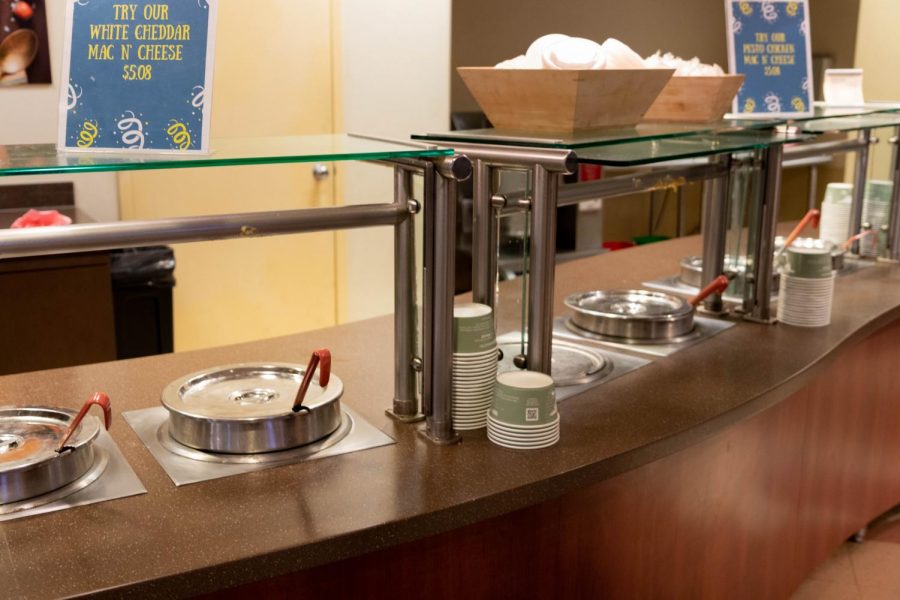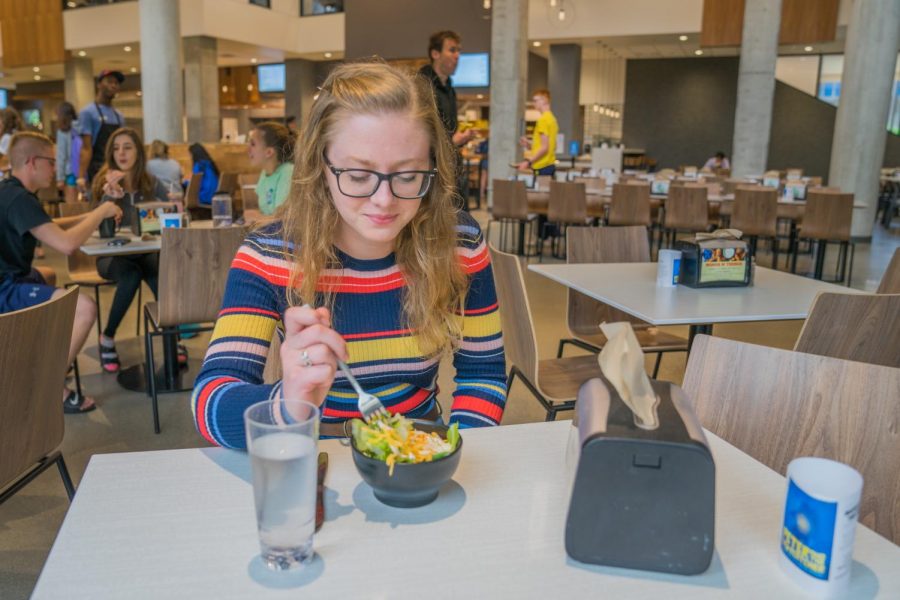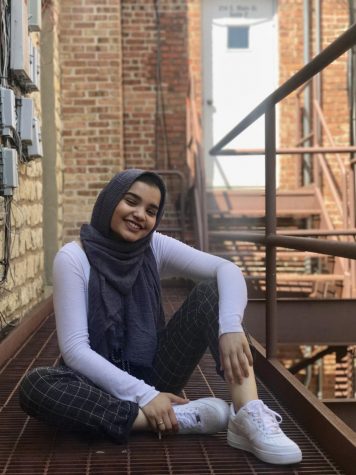My 2018 summer is clouded by my mother’s and I’s elongated frustration with Marquette University.
Those four months are filled with countless back and forth phone calls with Marquette faculty and administration trying to discuss the conditions of my living situation for my upcoming sophomore year.
Marquette University requires underclassmen to live in residence halls and have a meal plan.
At the end of my freshman year, I worked hard to have the chance to commute to school my second year instead of having to live in a residence hall again. This process includes requesting for a residential status change in Marquette’s system and waiting for approval. The process becomes seemingly impossible after housing and residential office staff members continue to give us pushback, refusing to consider the conditions of my situation.
I give detail and emotion-filled rationale describing the personal reasons I felt the need to commute my sophomore year. It felt like nobody was truly listening. Instead, I faced innumerable messages from people who never had answers for me.
Consequently, I was forced to walk into my sophomore year distraught and anxious about my college experience.
After dealing with the housing conflict, I believe that if I was not allowed to commute to school, at the very least I should have freedom over my own diet.
This seemed reasonable as I rarely used the meal plan during my freshman year because of the limited options for my zabiha halal diet.
Zabiha halal is a term that references the type of food Muslims are allowed to eat. Products such as pork and alcohol are not halal, or permissible, for any practicing Muslim. To also be zabiha means to eat meat cut in a certain Islamic way, similar to kosher in Judaism.
Marquette University’s dining halls fail to give zabiha halal options for the Muslims on campus. Because of this, I thought it was obvious for Marquette dining services to authorize a bypass to the $4,000 meal plan.
This again proved to be difficult because both Sodexo Services and the university failed to address my needs. They continued to claim that halal options would be readily available at the dining halls and Marquette Place.
The cycle of phone calls began again. It felt endless.
The school I thought was supposed to be my home for the next three years was denying me the right to feel comfortable and receive adequate accommodations for my dietary needs. Sodexo Services and the university were abusing their power in order to get the $4,000 required of every freshman and sophomore.
Even if this is not their intention, that is how I felt.
Marquette advertises itself as an institution who is “accepting of people from all backgrounds.” Its inability to meet my dietary needs shows that the administration is not doing enough. They are tolerating students’ differences rather than truly acting as a support foundation and accommodating minorities’ differences. Minorities cannot feel comfortable in a place that does not listen to them.
By the beginning of my sophomore year, Sodexo employees promised me they would meet with me to discuss my options for the year. I thought we would have a meeting to compromise on my dining situation and not force me to waste $4,000 on food I couldn’t eat. In reality, the university did not have the heart to make an effort to support Marquette minorities.
I thought about the other students on campus who fall into a dietary minority, such as vegans, kosher eaters and vegetarians. They all face similar restrictions when required to stay on the meal plan.
I walk into The Commons with an optimistic attitude, so my past does not affect making Marquette my home. I want to give Marquette a chance to recover from its shortcomings in the past. I walk into the breakfast line, and when I get to the front, there is bacon sitting right on top of the pancakes. I walk out frustrated with Marquette’s empty promises.
In Sodexo’s defense, specific dining halls like The Commons apparently had special meat for Muslim students. Though, whenever I would ask for this meat and the rare occasions they had it, there was never shorter than a 30-minute waiting period before I received my food. For two years, my diet consisted of cheese pizza and salads. There was no concept of a balanced diet with any sort of protein from the food I was provided at Marquette.
I may be one person out of the thousands of incoming underclassmen Marquette students, but I am not the only one facing these problems. My minority friends face similar issues and this feeling of being ignored. Not being advocated for is a feeling we have gotten used to.
There are obstacles students experience on campus others may not think about. Marquette must reconsider the strict requirements it places on its students, especially if it cannot fulfill the promises made to us. These limitations prevent every student from considering Marquette a second home.
I want Marquette to feel like home. I truly do. Now, I am a junior who feels like she lives in a place who consistently delivers me empty promises. I have become comfortable in knowing the university will continue to act in ways that hinder minorities from feeling truly welcomed. It will act in ways that force minorities to be comfortable with being uncomfortable, instead of making them feel like the school they attend for four years can become their home.










